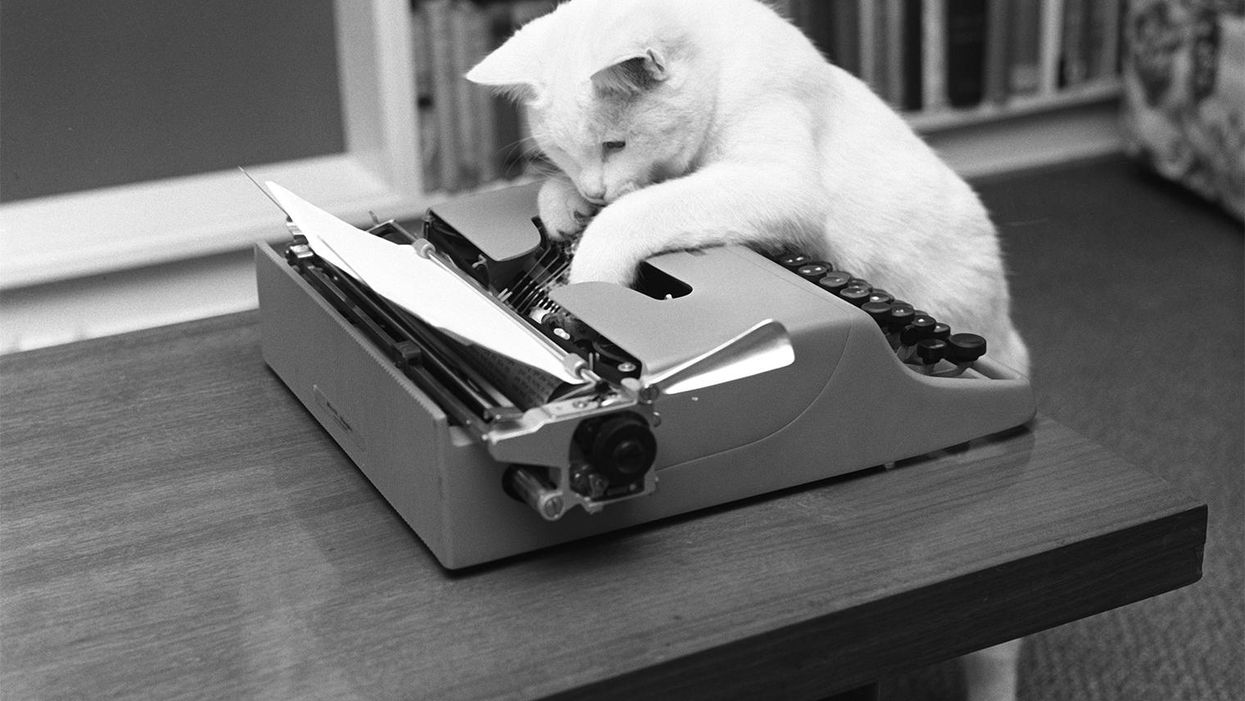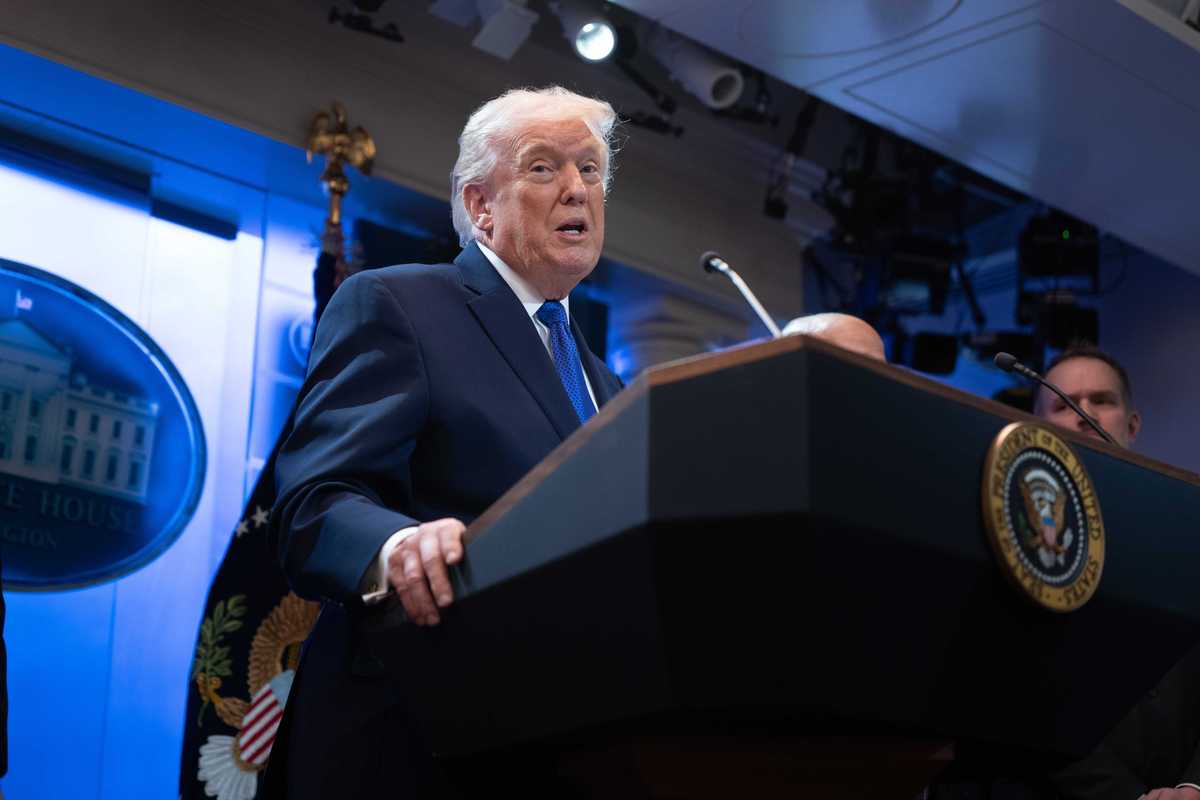Science & Tech
Dina Rickman
Jun 04, 2015

Take a moment to look through your outbox. How many emails have you signed off 'best'?
The four-letter word is ubiquitous - but it's not the, um, best way to sign-off emails. As Bloomberg recently decreed, 'best' has become "completely and unnecessarily ubiquitous".
Paul MacKenzie-Cummins, careers expert and PR director, agreed, telling i100.co.uk 'best' is part of a wider trend of "vulgarised and lazy" language in emails.
"In general, the tone we see used in emails today is more relaxed than it once was. Part of the reason for this, I believe, is the increased popularisation of so-called ‘text-speak’. This has had the effect of diluting and, arguably, dumbing down the language we use. Ten years ago, for instance, few (if any) emails would end with ‘BW” ('Best wishes’) or “KR” ('Kind regards’) yet these are widely used today," he said.
"'Best' is another that has seen a rise in use over the last few years, but ‘best’ what - it hangs in the air leaving the recipient waiting with bated breath as to what is to come? Some people leave off any closing noun altogether."
MacKenzie-Cummins said 'yours' is lazy, as is a simple 'thanks'. So what should we replace 'best' with?
Etiquette expert William Hanson told i100.co.uk that when it comes to someone you don't know you should treat email like a letter and sign "yours sincerely" if you know their name and "yours faithfully" if you don't.
The other options, according to Hanson, are:
- With every best wish
- With all good wishes
- Thanks so much
Thanks so much for reading this article. We leave you with every best wish.
Best,
The i100.co.uk team.
Top 100
The Conversation (0)













